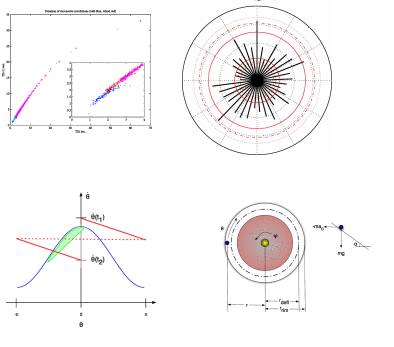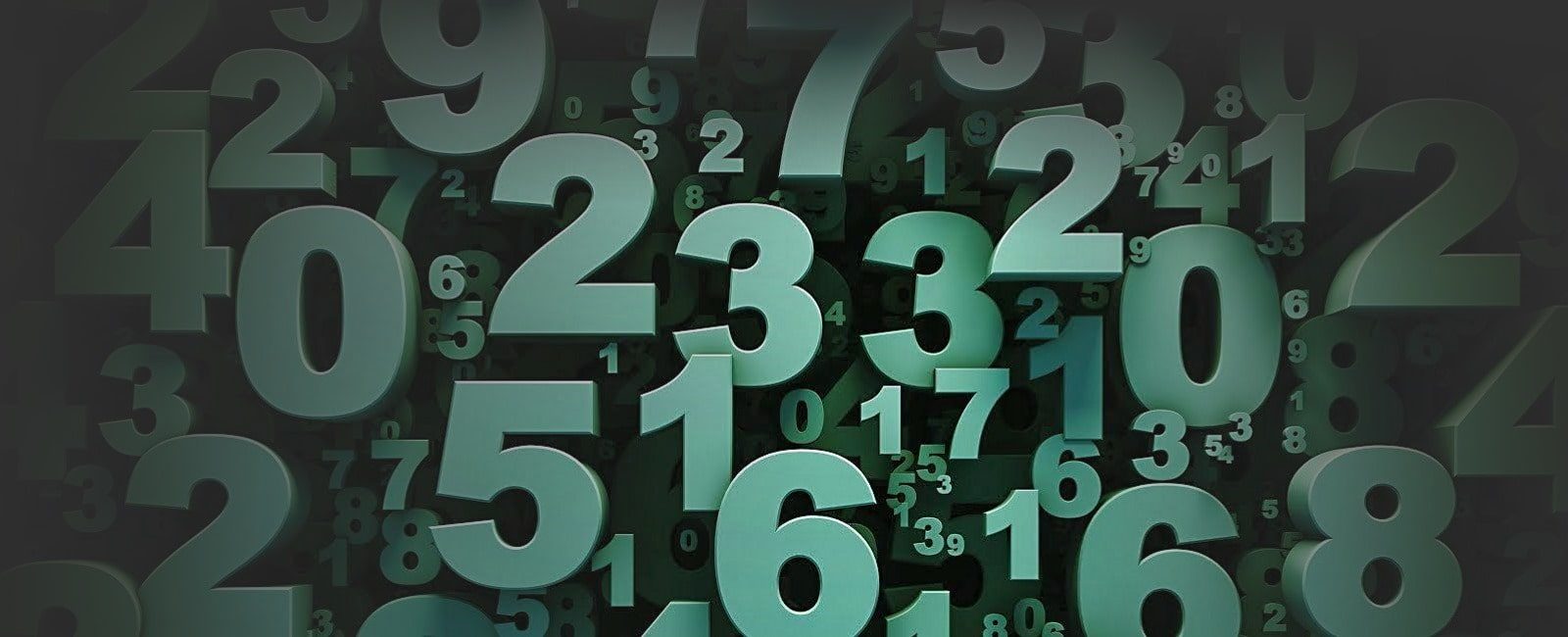Beat the Roulette Wheel with Chaos Theory
Is there a scientific way to crack the roulette code? Might chaos theory by the answer?

Ask most scientists how you beat roulette, and most will reply “the only way not to lose, is not to play”.
The Probabilities in roulette are fixed. But it that right? Is there a scientific way of predicting the outcome of a roulette wheel? The game of roulette has helped the development of mathematics (such as the Pearson Chi Square Test).
Well, in 2012, Michael Small and Chi Kong Tse from Cornell University submitted a scientific paper called “Predicting the Outcome of Roulette” that claims to do just that. And all with the help of chaos theory.
Chaos Theory
Chaos theory is an area of mathematics that tries to describe “dynamical systems that are sensitive to initial conditions”.
If you have ever head of the butterfly effect, the theory that a butterfly flapping its wings in New York can set off a chain reaction of events that ends up as a typhoon in Macau, well this is chaos theory. The theory was first proposed by an American mathmatician called Edward Lorenz.
Chaos can be seen all around us (and not just on your bedroom floor!) The weather is a famous example, and the roulette wheel is another.
But can you predict the outcome of a roulette wheel using chaos theory? Will the ball land on the number 16 or the zero pocket in the next spin- it would be good to know wouldn’t it?
In their paper, Small and Chi Kong Tse claim to have modelled the motion of the wheel and ball and managed to predict outcomes based on where the ball entered the wheel, the wheels rotary speed, and so on both on a simulated (virtual) wheel and an actual roulette wheel.
If you know the starting set up, you can beat the odds, according to the scientists. By quite some margin, in some cases.
Wheel Clockers Beware
Casinos don’t look favourably on people measuring their wheels with computers and cameras (there have been quite a few cases of people being taken to court over exactly this. In some cases the casino won, in some they lost, but security inside the casinos is getting tighter- they are looking out for these kinds of electronic tracking mechanisms.
But there are ways in which you can approximate this, according to Michael Small and Chi Kong Tse. First of all, you can measure the time it takes for the ball to travel through a fixed spot to get a rough idea of the velocity of the ball.
Then using this simple measurement, and with the equations presented in the paper (which you can buy for $28 or rent for $4 by the way), the 2 scientists successfully predicted which half of the roulette wheel the ball finished up in about 59% of the time.
This gave them an edge over the house or around 18% (118% pay-out). When you think the normal house edge in roulette is 2.7% (or 5.2% when you play American Roulette), that’s a pretty good return- and one that the casinos would love to have.
Even Better on Biased Wheels
And the 2 scientists reckon you can get even better returns if you play on a wheel where the ball drops only from one side of the rim – i.e. an off balance table, or a roulette wheel with bias.
They do add that only slight adjustments from the casinos would block this ability to predict the outcome, although they didn’t say how the casinos would do that. I can see Small and Chi Kong Tse making a Small (!) fortune as consultants in Las Vegas and Macau advising the Sheldon Adelsons of this world!
You have also got the problem of designing a recording device that will measure the speed of the roulette ball, and that will go unnoticed by the casinos’s security cameras. And can you do this playing roulette online, such as on the games at UK Casino Club?
In theory, yes, as long as you are playing live dealer roulette with physical wheels. In practice, it is unlikely that you would pull this off with all of the other constraints involved (quality of live stream etc).

